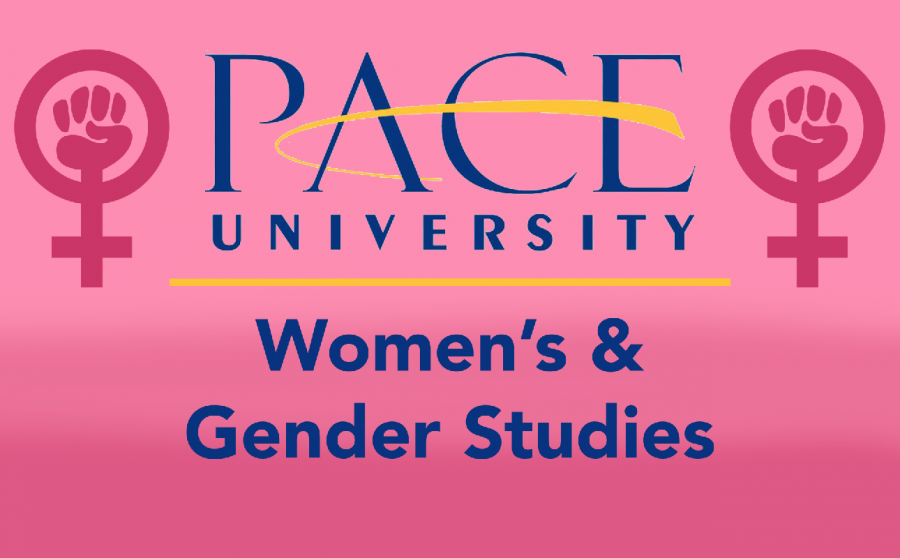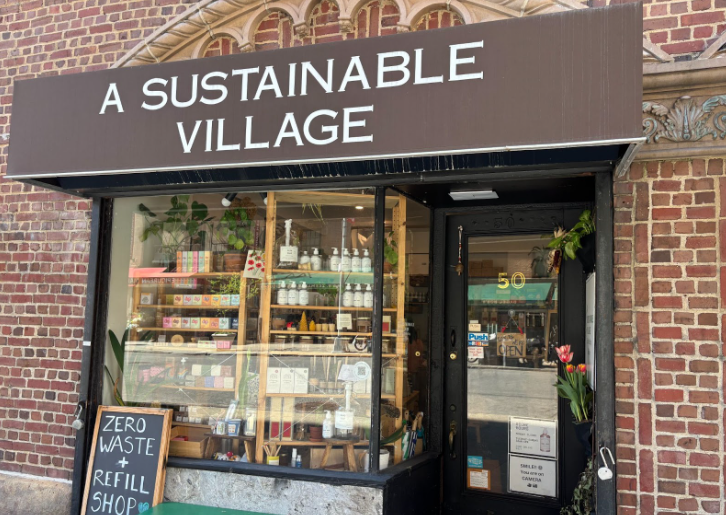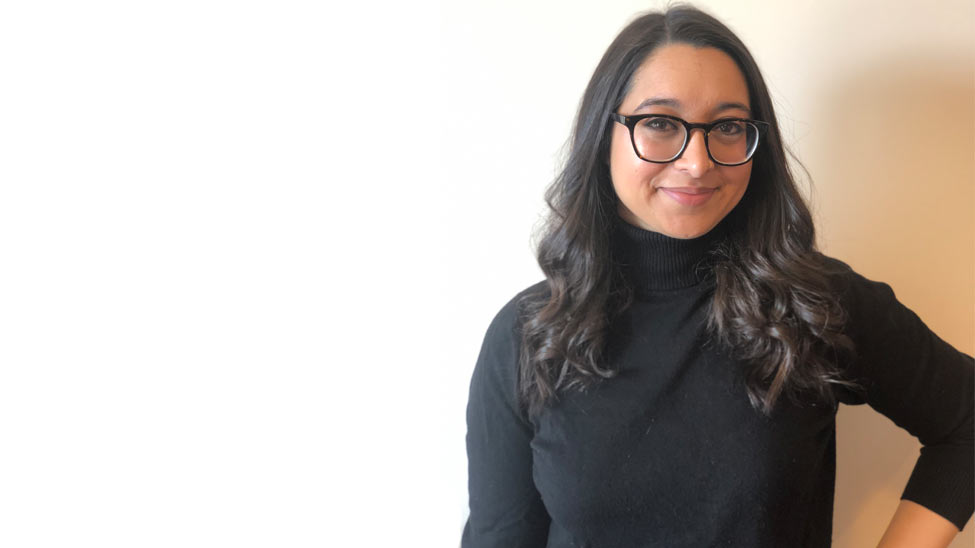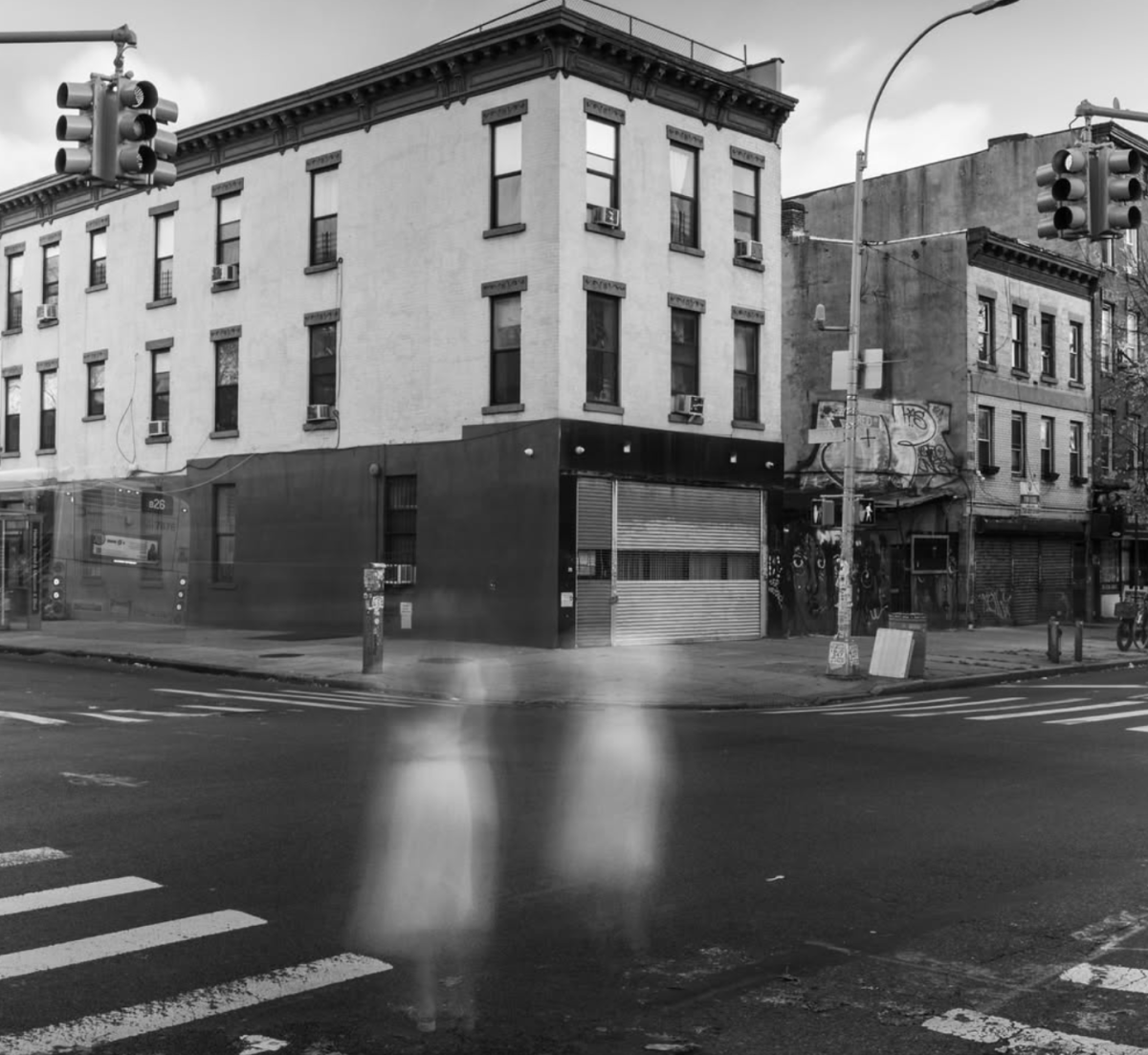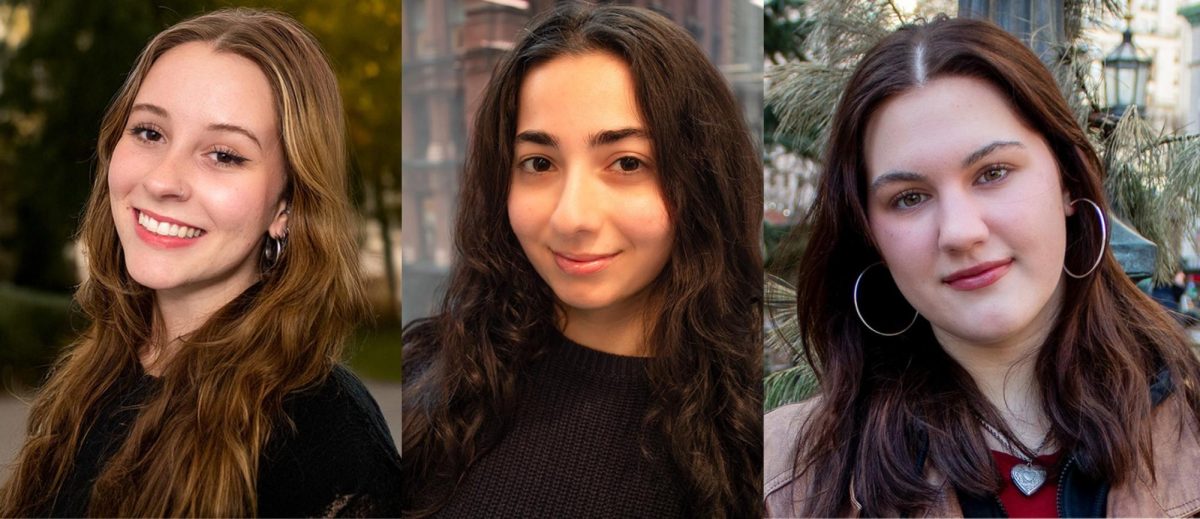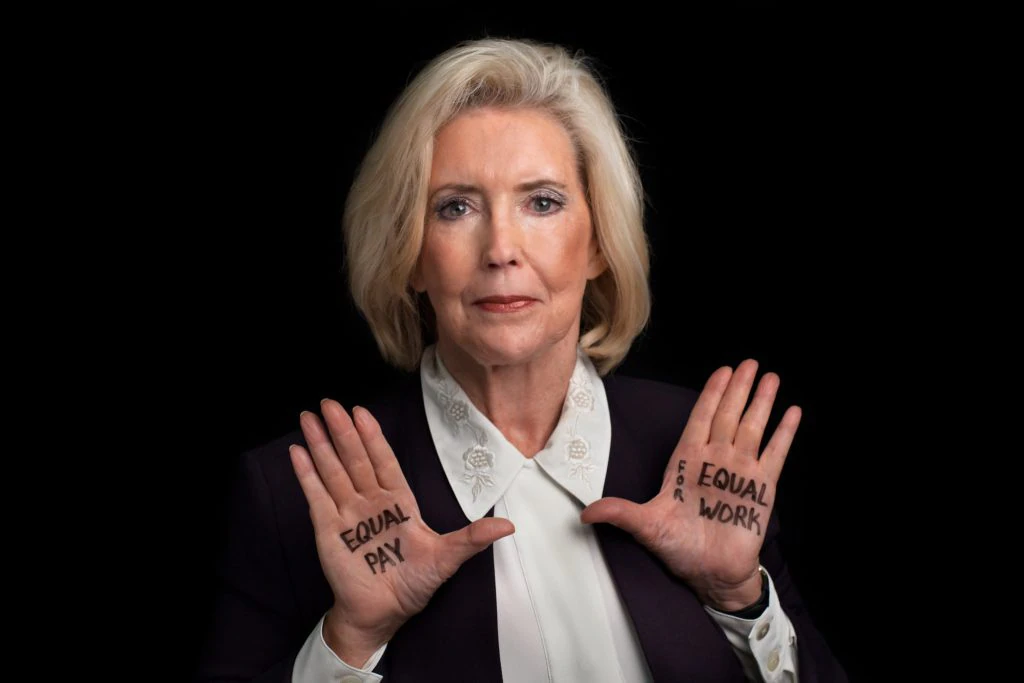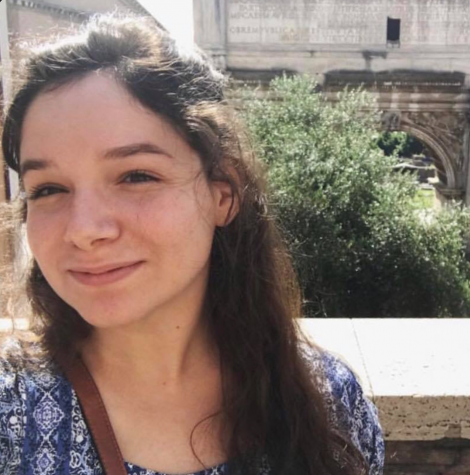One of the first questions people ask the average college undergraduate is, “What is your major?” While University students may not have to figure this out right away, it is always useful to take courses that are in their field of interest. Whether it’s business, art or computer science, the University offers a variety of curriculums built to set students up for success post-graduation. University students who are interested in exploring areas of feminist theory, social justice or gender-related topics should consider pursuing a Women’s and Gender Studies major or minor. Learn more about what this entails from the department chair and a department professor.
Dr. Meghana Nayak is the Chair of Women’s and Gender Studies and a professor of Political Science. She is currently teaching Gender and Politics, Global Activism and Transnational Feminist Theories.
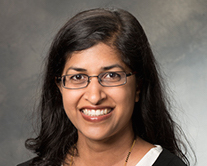
Barbara Rucci: I see that both the major and minor cover important topics such as feminism, intersectionality, LGBTQ+ studies, and how it all ties into other large topics like class, race, and politics. I was impressed by how the course descriptions break all of these down so students can take a close look into all of these areas per class. Since there is so much to learn, what is your advice to students to help them maintain focus and not be intimidated by all that there is to cover in this major and minor?
Dr. Meghana Nayak: There is definitely an endless amount to learn, which is what makes our department so exciting. We have structured the sequence of classes so that students can slowly build their knowledge and skills. We believe in challenging and supporting, not stressing out, students. I suggest that students meet with me or (on the NYC campus), Drs Bent and Fuentes for the WGS major/minor or Queer Studies or Nonprofit Studies minors, or with Drs. Welty and Bonenfant-Juwong for the Peace and Justice Studies majors/minors to get individualized advisement and guidance so as to actually enjoy all of the materials we cover.
I also advise that our students take full advantage of our unique opportunities so that they can see how the knowledge applies to the “real world.” For instance, we just started a mini-grant program to give money to WGS majors to conduct their own research, present ideas at conferences or even network at conferences! Many of us have conducted research with and published with our students. We have invited students to participate when we do consultative/advising work in the United Nations, non-governmental organizations, and more. We support students as they “practice” their skills right here on campus (such as through organizing for a new policy). Through it all, students know that their faculty are there to support them and their particular focus/passion.
BR: In what ways have you seen students taking what they have learned in the major or minor and advocating for the community, whether it’s through a march, an internship, volunteer work, and/or on-campus events?
MN: I see students incorporate what they have learned in every aspect of their lives! Their relationships with their loved ones change as they can articulate persuasively why they care about these topics, or they are able to transform toxic dynamics into a more supportive and open space for accepting people for who they are, or they are able to build community with those who “get” them and in turn can support their dreams. Our students participate in marches, rallies, and community organizing and learn that even if you’re not a powerful decision-maker, you can definitely create a lasting impact. Whether at Pace or in an internship, our students are able to quickly identify why an organization is not working the way it should and to push to include the perspectives of those most impacted. Employers tell us that our majors really stand out: they can solve problems, come up with innovative solutions, persuasively expand decision-making so as to include marginalized people, and bring infectious passion and desire for a better world. This all happens because we teach material that is all about the social changes everyone said was “impossible” and about how to think in flexible, critical, and analytical ways. We teach skills that students can use in any kind of career.
BR: What are the main aspects you want Women’s and Gender Studies majors to take away with them after they graduate and pursue their careers?
MN: I want Women’s and Gender Studies majors, in particular, to recognize that they are more powerful than they realize; at the same time, the histories of feminist movements and social movements show us the pitfalls when we take up too much space, when we think we need to speak FOR or on behalf of communities that are more marginalized than us, when we get it wrong because we can’t see beyond ourselves or fail to consider how power works. I’m proud that our graduates can walk that fine line between feeling empowered to create change and recognizing when they need to take a step back and listen to or amplify folks who might be in more vulnerable positions but have more expertise when it comes to community building for social change.
Dr. Pamela Fuentes is a professor in the Women’s and Gender Studies Department and the Latina/o Studies Program Interim Director. She is currently teaching Sex & The City in North and South America and Politics of the Global City.

BR: I see that you are teaching courses such as Politics of the Global City and Sex & the City in N.S. America. I think this is a really cool way for students to focus in on these topics in an urban setting. How do you envision students taking what they’ll learn in these classes and applying it to their lives as students in New York City?
Dr. Pamela Fuentes: It is always my hope students leave the classroom thinking about what we have discussed in class. However, as you rightly pointed out, talking about these topics in an urban setting as vibrant as New York City paves the way for bringing some of our discussions out of the classroom. I envision my students looking at the city or their hometowns with new analytic tools, tracking down the complexities of power and resistance that can be hidden in plain sight: coffees, bars, neighborhoods, parks. My dream is that students talk about what we have learned and discussed with friends, family, and classmates.
BR: In today’s political climate, what are some main ideas you want your students to take away from your classes after the semester and even after they graduate? In what ways would you like to see them take action?
PF: I see several of my students taking action already. That is something I love about Pace students. Some of them are involved in grassroots activism, others are volunteering, many of them are shaping their careers to take actions whether in NGO’s or the government. This does not mean that they can’t learn from my classes (or the classes of my colleagues) on the contrary! I think today’s political climate has us all acting towards many social topics that interest us. What I am hoping is that my classes are useful for students to have the theory or analytical tools that help them understand the world surrounding us. I plan classes always having in mind to open conversations about structures of power and inequality but also about forms of resistance. I always bring examples from countries outside the United States. I do hope that when students take action, they look at the example of other countries, particularly those of the Global South, because activism in those countries has a lot to teach to young generations.
BR: What advice do you have for students who are thinking of going into a Women’s & Gender Studies major or minor?
PF: If you have not done so already, take a couple of classes that count toward the WGS major, that way you can develop several skills that will be useful during your university years. For instance, you will examine connections between personal experience and issues of social justice. In case you are considering double major, be sure that Women’s and Gender Studies will complement any other academic interests you have. Whether is humanities, law, social sciences, art, medicine, etc. having a gender perspective will enrich your academic career.
Last but not least: Contact the professors or staff in the Women’s and Gender Studies Department. Believe me, we will be happy to talk to you about the major! If you are interested in social justice, women, gender, human rights, and activism, there is a good chance you are already taking classes that will count towards your major. You can also talk with other students that are taking or have taken any of our classes. Do not be afraid to ask all the questions you have.
For further information on the Women’s and Gender Studies major and minor, visit the department page at https://www.pace.edu/dyson/departments/womens-and-gender-studies-nyc

